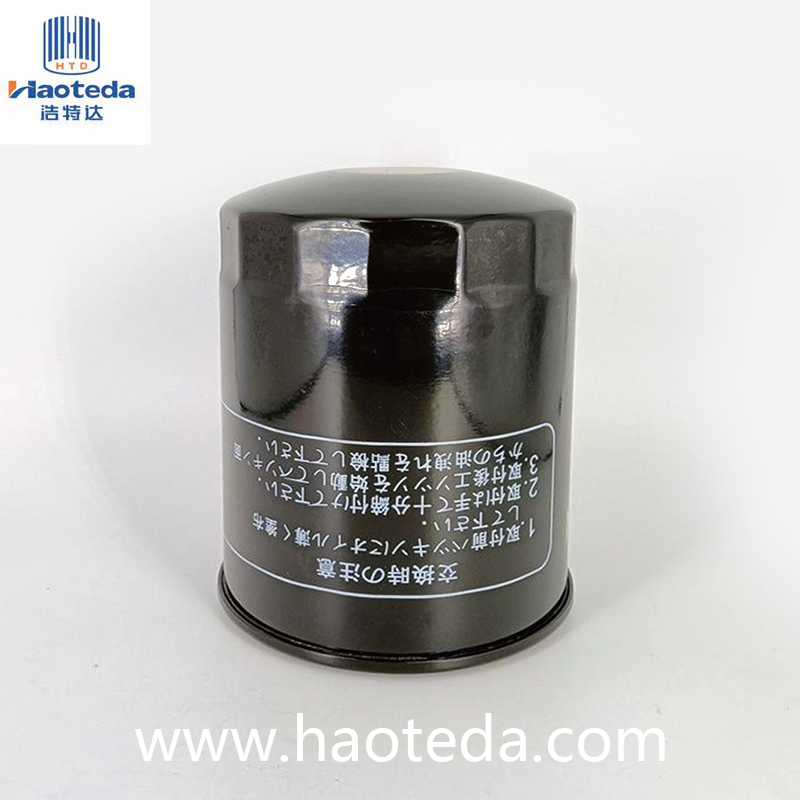Using synthetic oil filters in combination with advanced synthetic engine oils creates a powerful synergy that delivers enhanced engine protection and performance. As a manufacturer deeply experienced in filtration technology, we know that synthetic oils and synthetic oil filters are designed to complement each other, forming a system that maximizes the benefits of modern lubrication and filtration solutions. This relationship is vital for drivers and fleet operators who want to extend engine life and reduce maintenance costs without compromising efficiency.
Synthetic oils possess unique chemical properties, such as improved thermal stability, better viscosity retention at extreme temperatures, and superior detergency compared to conventional oils. These advanced fluids require oil filters that can effectively handle their specialized characteristics, such as filtering out ultra-fine contaminants while maintaining flow rate under diverse operating conditions. Synthetic oil filters are engineered precisely to meet these demands, featuring high-efficiency synthetic media that trap more particles without restricting oil flow, helping to maintain the oil’s purity longer.
One of the main reasons why synthetic oil filters work best with synthetic engine oils is their enhanced dirt-holding capacity. The filter media is typically made of synthetic fibers or blends that provide a larger surface area for capturing contaminants. This means that even as synthetic oils circulate through the engine longer, the synthetic oil filters can continue to trap sludge, metallic particles, and other debris, preventing premature oil degradation. For customers seeking top-tier engine protection, this extended filtration capability is a key advantage.
Moreover, synthetic oil filters are designed to withstand the harsher environments that synthetic oils may create. Because synthetic oils can sometimes wash away deposits more aggressively, the filter must resist collapsing or clogging under high pressure and temperature fluctuations. This durability ensures consistent filtration performance throughout the recommended oil change intervals, making synthetic oil filters a reliable choice for engines running on premium synthetic lubricants.

It is also worth noting that pairing synthetic oil filters with synthetic oils aligns well with modern automotive engineering trends. Many newer engines are built with tighter tolerances and operate at higher pressures, demanding filtration systems that can maintain cleanliness and oil flow without compromise. Choosing a high-quality synthetic oil filter from a trusted manufacturer allows customers to confidently match their synthetic oil’s capabilities, ensuring smoother engine operation and optimal fuel efficiency.
For manufacturers and suppliers like us, offering synthetic oil filters designed specifically to support synthetic oils is more than a product line—it’s a commitment to providing end-users with lasting value and peace of mind. This strategic combination not only enhances engine protection but also supports longer oil change intervals, reduced waste, and ultimately, cost savings for businesses and individual consumers alike.
In conclusion, synthetic oil filters and synthetic engine oils work hand in hand to deliver superior protection that meets the demands of today’s advanced engines. By selecting high-performance synthetic filters that are tailored to handle synthetic oils’ unique properties, users can enjoy cleaner oil, prolonged engine life, and greater overall efficiency. As an industry-leading manufacturer, we take pride in offering cutting-edge synthetic oil filters that stand up to the challenge, helping our customers keep their engines running strong mile after mile.
 English
English
 English
English Español
Español Français
Français
 +86-139-6774-0263
+86-139-6774-0263









